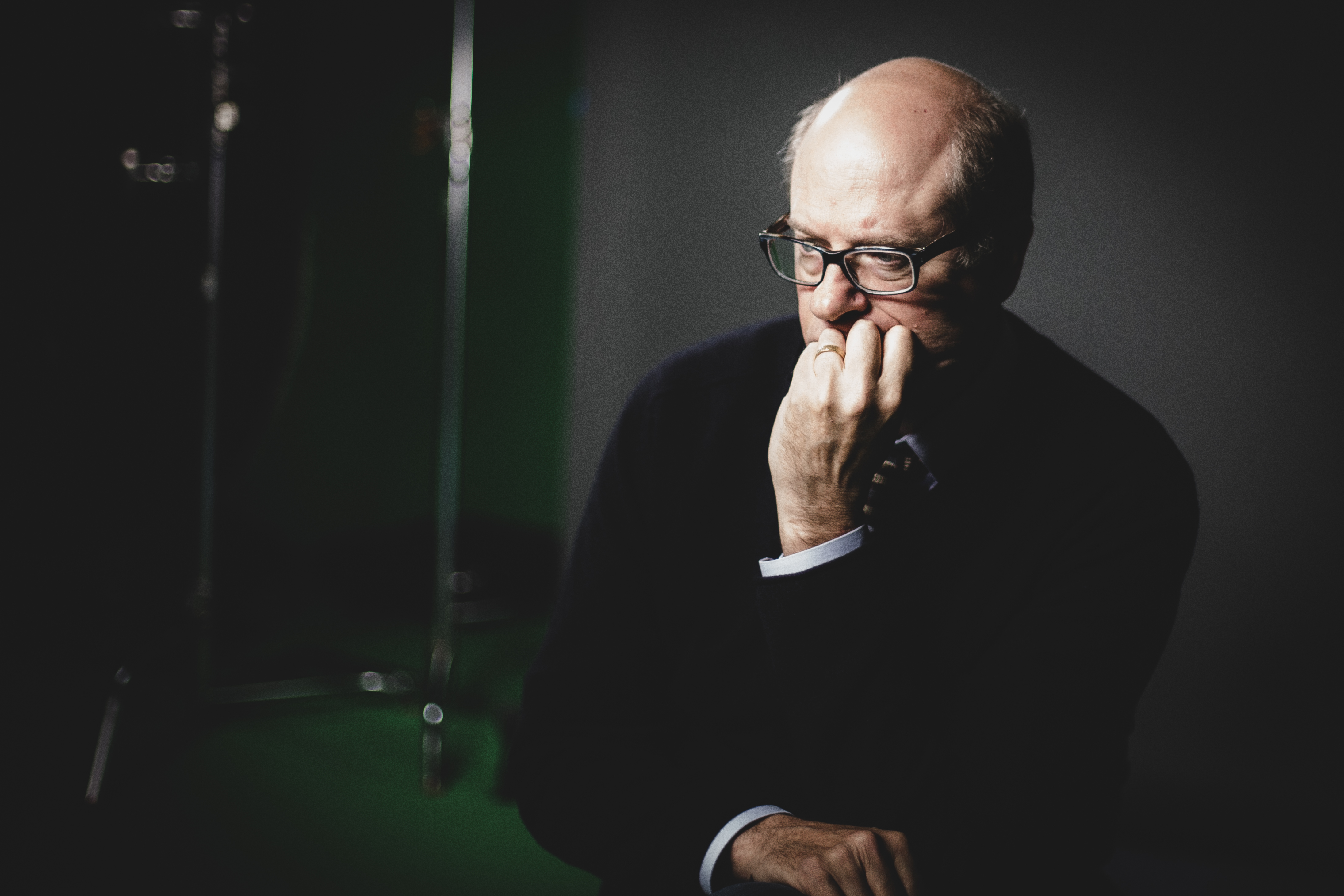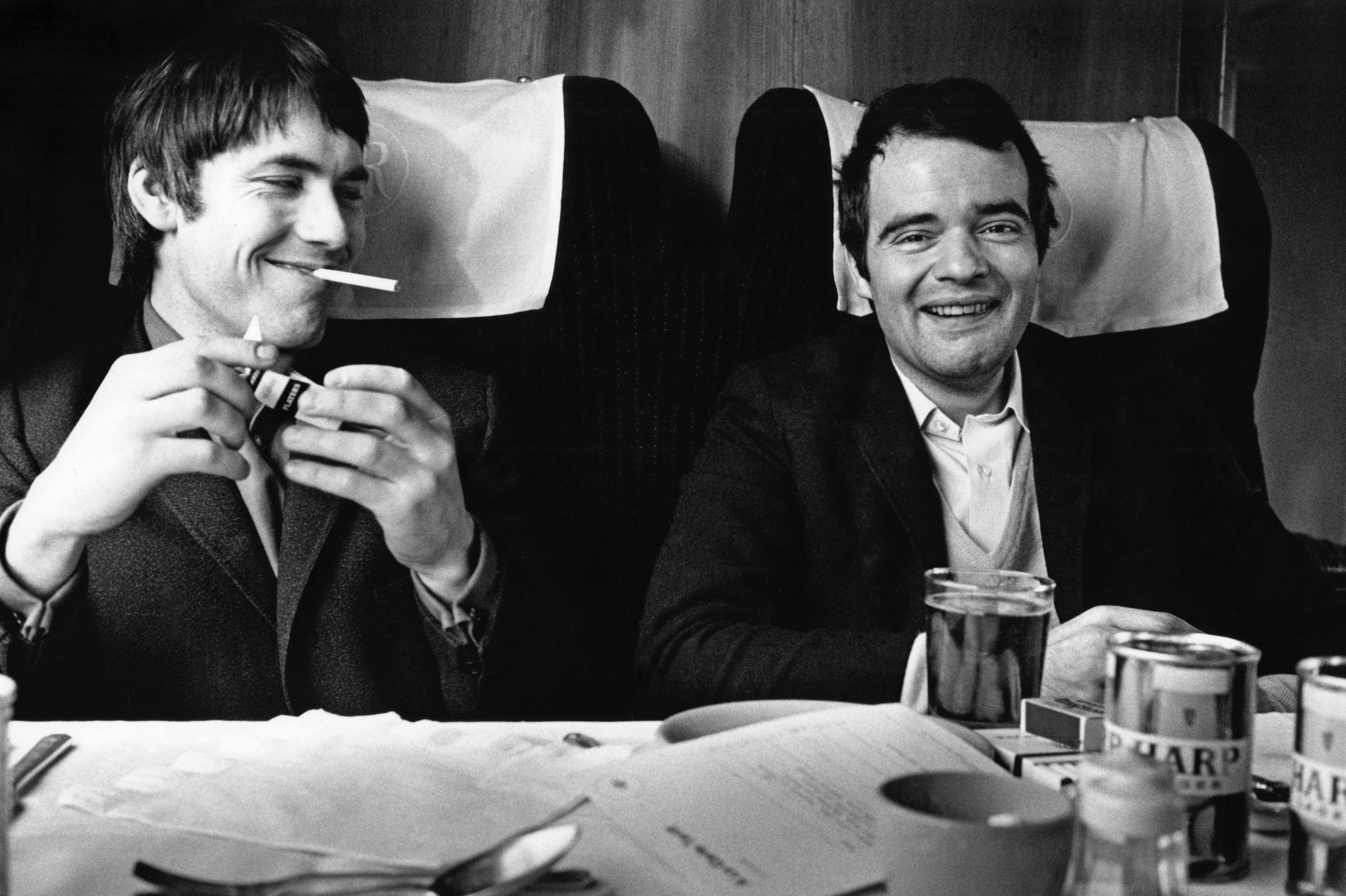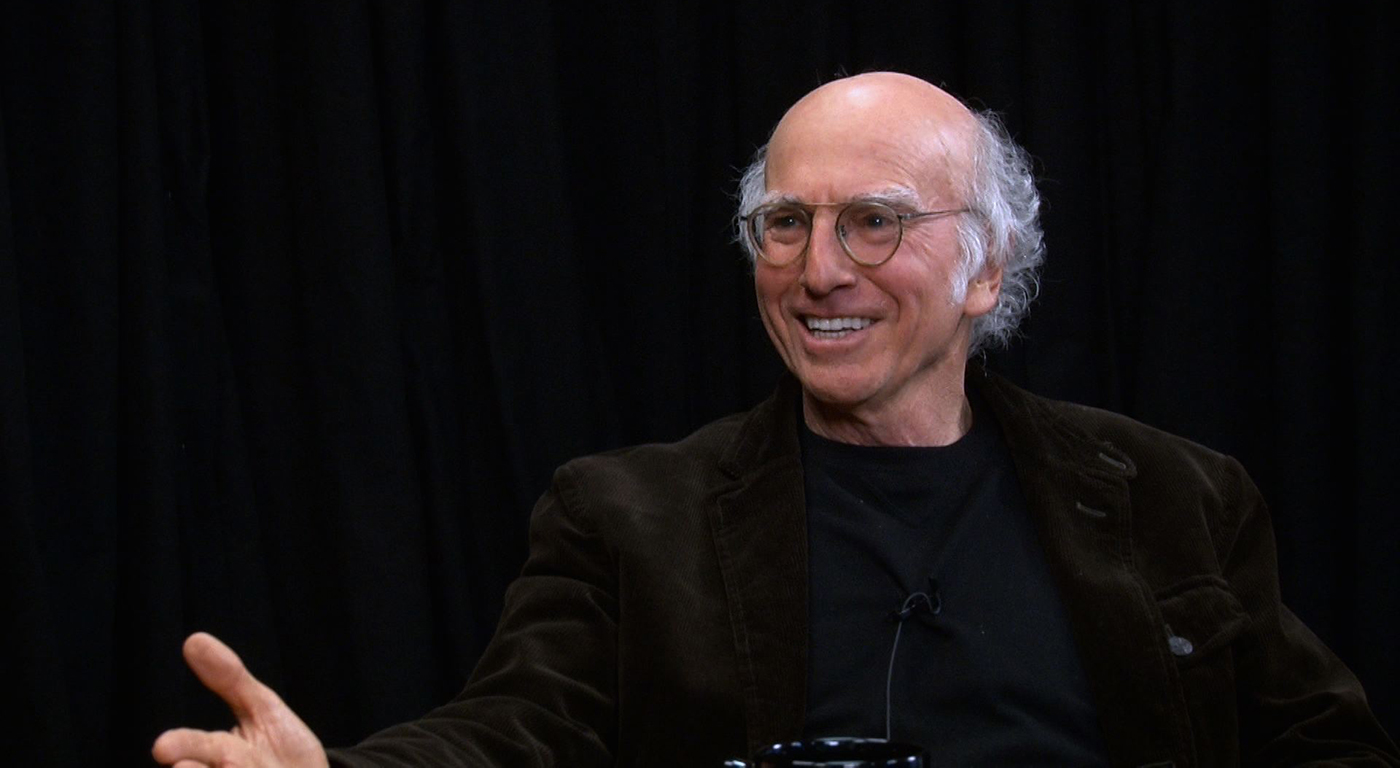Humpday, the third feature from local filmmaker Lynn Shelton, made its world premiere in the Dramatic Competition section of the 2009 Sundance Film Festival. It was the first film sale of the festival and went on to win a Special Jury Prize “For the Spirit of Independence,” and more recently was selected to play in the exclusive Directors’ Fortnight section of the 2009 Cannes Film Festival. This weekend Shelton brought her production back home: its Seattle premiere was the Centerpiece Gala for the Northwest Connections sidebar at SIFF. (Scott Foundas’ review.) The movie opens in Seattle July 10.Humpday is the story of best friends – one married and seemingly content in a conventional lifestyle, the other an aimless traveler whose artistic ambitions are unmatched by his accomplishments – who reunite after 10 years and make an unusual commitment to an extreme art project: two straight men having sex on camera for an amateur porno festival. Mark Duplass (of The Puffy Chair and Hannah Takes the Stairs) and Joshua Leonard (co-star of the indie blockbuster The Blair Witch Project) play the very straight buddies who essentially dare each other into the project and Seattle stage actress Alycia Delmore co-star’s as Duplass’ wife. The rest of Shelton’s cast and crew was drawn from the pool of Seattle talent. Here are some excerpts from my interview with Shelton (photographed above by Garrett Mukai) after the jump…On casting Mark Duplass:I met Mark on the set of True Adolescents [also at SIFF 2009], which was being shot in Seattle in August of ’07. He was starring in it and I was shooting still photography. We knew of each other, we had mutual friends in the filmmaking community, so it was sort of like no introduction was necessary. We just gave each other a big old hug the first time we saw each other and immediately bonded as filmmakers. We would jabber away over the craft table and at lunch and we realized we had a lot in common in terms of our filmmaking philosophies. And it was really clear that we wanted to work together in some capacity by the time he went back to L.A..On the origins of the idea:I called Mark with this idea. It took me a little while to get the nerve up because I was a little worried about how he would react, I wanted to pitch it just right, but basically I said: “The idea is two best friends from college, ten years later their lives have sort of diverged, but the basic premise is they decide they have to try and have sex together, two straight friends.” He sort of paused for half a second and then said, “Okay! Sounds great!” The interesting thing was that I originally had seen him in the other role, this idea of the wild, adventuring nomadic artist, very charismatic. He immediately said, “I’ve got to play the domesticated dude. That’s just where I am in my life right now and that would be more interesting for me.” So I said, “Okay, I’m going to need help finding the other guy because I don’t know anybody as charismatic as you and he needs to be at least as charismatic as you.” So that was when we brought Josh [Leonard] in.On her quasi-improvisational approach to filmmaking:You always hear people talk about how a script is just a blueprint and then things really shift on set. This is even more of that. The training that I have as an actor is what comes into play: Incredibly specific backstory, incredibly clear objectives, everybody knows exactly what they want out of that scene specifically and they know exactly what’s come before, so they have all of those basic good acting craft things in place. The tension is there, everything is all set in place. I have everything laid out ahead of time except for the actual words that they are going to be saying.On the collaboration between actor and director:Casting is always really important, but in the case of this kind of methodology, you’re really casting writers as well as actors. It doesn’t mean that the actors have to be actual writers, it’s just that they have to comfortable enough to improvise. Some actors just can’t improvise. They’re great if they have lines and have got a script, but they really can’t come up with their own thing. Because Mark and Josh are filmmakers, it somehow makes it easier for them. And I want the actors in early in the process so that they can be a party to their own character’s development. You can’t really figure out exactly what’s going to happen until you figure out who the characters are. So that’s why as the characters are developing, the plot becomes more and more specific and you can shift that around. So it’s a very organic way of working and it seems to work really well, at least in this case.On why she makes films the way she does:Obviously there’s challenges to every filmmaking style but the truthfulness is the thing that I think is going to sell it. I was really concerned with it in this film because the set-up, the premise, is so absurd that the only way I felt that I could sell the comedy, or sell the story at all, was if you really believe every step of the way that these were real characters: you believe them as people, you believe their relationships, you recognize yourself or other people you know in the characters and the relationships to some extent and that they could actually get themselves into that kind of a bind. That they could actually live out a weekend that is as ridiculous as they do in the movie. I think we pulled it off.
More Stories From This Author
New state legislation fights catalytic converter theft
Governor Jay Inslee signed a bill on March 26 adding new regulations to the purchase and sale of catalytic converters…
By
Benjamin Leung • April 8, 2024 1:55 pm
Kirkland officer steps down following investigation into bikini barista incident
A Kirkland police officer accused of exhibiting odd behavior toward bikini barista employees while using a city-owned vehicle has resigned…
By
Cameron Sires • April 5, 2024 10:09 pm
KC Sheriff’s Office sues over Burien encampment ban
Office of Law Enforcement Oversight director calls Burien’s ordinance “unconstitutional.”
By
Cameron Sheppard • March 18, 2024 12:32 pm






